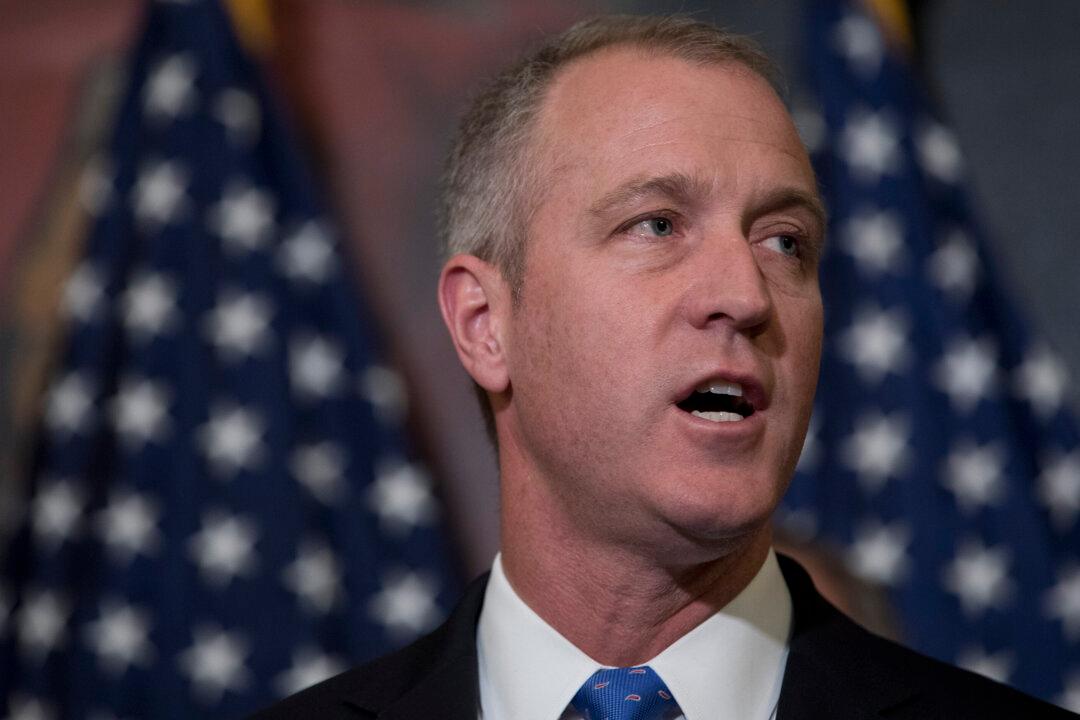House Democrats approved the Equality Act of 2021 the afternoon of Feb. 25 following a rancorous debate in which Republicans said the controversial bill will significantly narrow the scope of religious freedom if it becomes law.
The Equality Act prohibits discrimination due to gender identity or sexual orientation. Three Republicans joined all 221 Democrats in the lower chamber to support its passage, while the remaining 208 Republicans opposed the proposal, which was approved as expected. The three GOPers voting with the Democrats included John Katko and Tom Reed of New York, and Brian Fitzpatrick of Pennsylvania.





